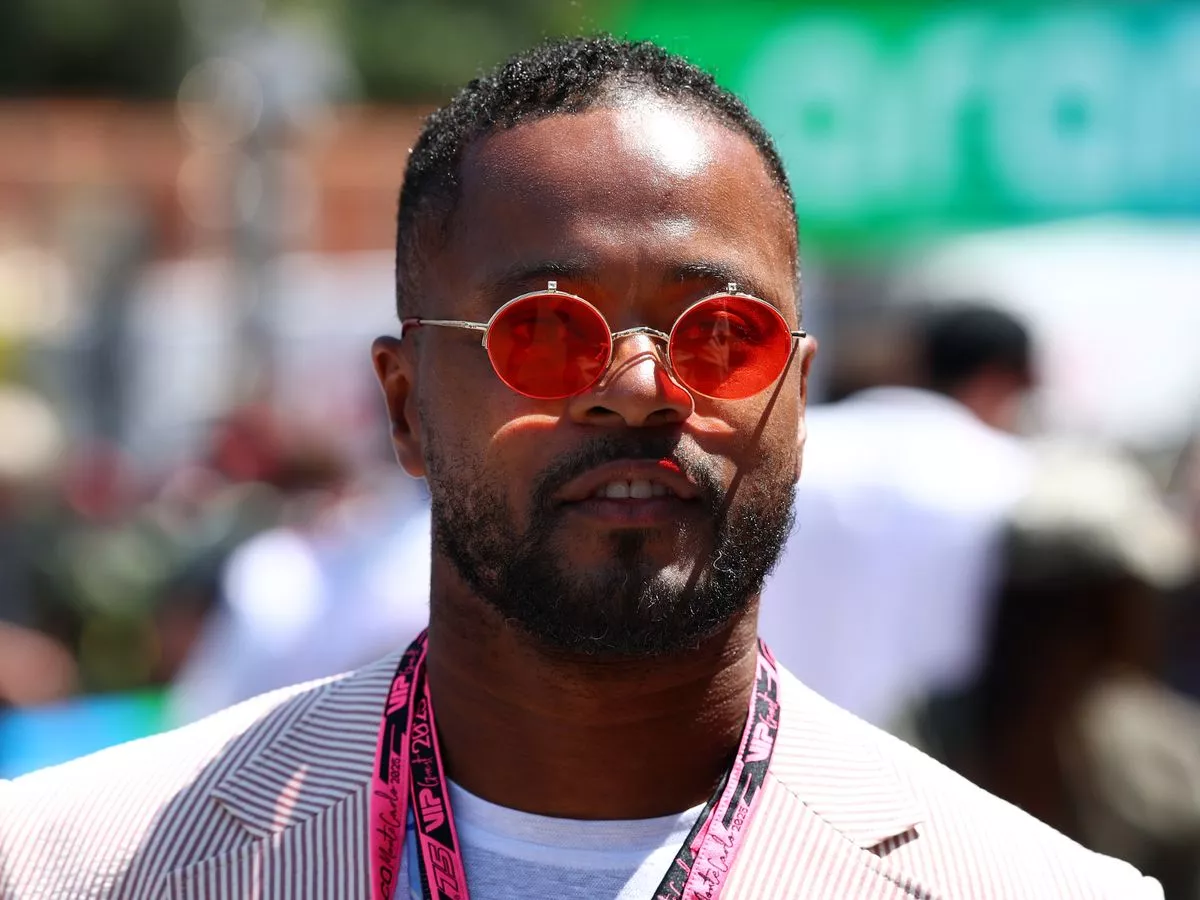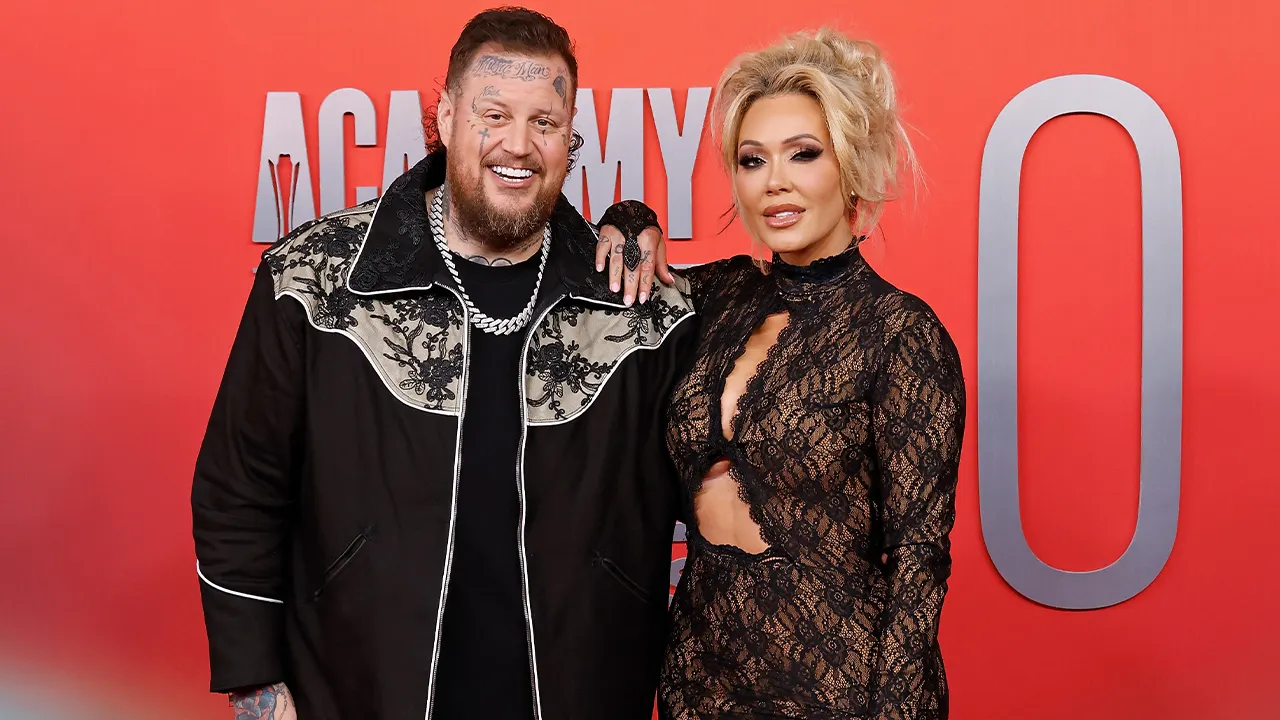Copyright Forbes

Linda Allen-Hardisty is a trusted executive coach, supporting leaders' personal and company growth. | Allen-Hardisty Leadership Group. Leadership itself used to be a draw for up-and-coming leaders. Standout employees had a clear path of career development to follow: developing their knowledge and expertise, taking on more ownership, leading others and expanding their reputation and earning potential as they moved up in an organization. But what we used to see as an obvious step up now often translates to heavier workloads, longer hours and less work-life balance. Leaders are expected to carry responsibilities that go beyond day-to-day operational tasks, including helping employees navigate personal issues, mental health challenges and constant workplace ambiguity. The people who might make the best leaders—often quieter or more introverted individuals—are even less inclined to put their hands up, given these additional burdens. Younger employees who show great leadership potential are asking the valid question: Do I want to be in a leadership role? They are raising concerns about how they will spend their time if they do take on leadership positions. They worry that they will have less time with friends and family and less overall life satisfaction. Only 38% of current employees are “interested in becoming people managers at their current organization,” according to a 2023 survey from people analytics company Visier, and "the remaining 62% would prefer to stay as individual contributors." There is a gender divide at play here as well; 32% of women versus 44% of men expressed interest in people management roles. The real problem organizations are facing isn’t a shortage of leadership candidates; it’s a decline in the perceived attractiveness of leadership itself. Developing Leaders Who Care About Developing People This spring, during a program I taught about leading teams, I observed a participant who displayed all the qualities of a great young leader. He was engaged, empathetic and easy to talk to. He collaborated well with the other participants he had just met, contributing interesting ideas and asking thoughtful questions in the group. Then, at the end of the program, he said, "After working with all these seasoned leaders, I have to be honest. Now that I know what it takes to build and lead a team—and how important it is—I’m just not sure I want to be in a leadership role." And it was crushing to hear because he has all the capabilities I look for in an emerging leader. This isn’t an isolated problem. I've noticed that the leaders I'm coaching are consistently taking on more work because their direct reports are not yet skilled enough to fulfill leadership responsibilities at a management level. As a result, senior leaders have to invest even more time and effort to bridge this gap, in addition to their regular responsibilities. I coached one CEO who was struggling to manage the dynamics of her executive team and the expectations of the board members. She noted that one of her C-suite leaders demonstrated a lack of urgency that had an ongoing negative impact on his peers at the executive team level. Another client, an executive leader who is fairly new to his position, shared that his supervisors were also not equipped for their leadership roles. They held fast to old-school attitudes: Rather than adapting to changing circumstances and leading their people, they viewed their role as simply managing tasks and functions. My client was experiencing a heightened pressure to deliver as a leader, but he didn’t feel he had the support to do so with the current level of leaders around him. Leading teams is now a more complex leadership competency than it ever was in the past. In fact, I believe we’re still defining what it means to lead teams effectively, and our view of developing people for leadership roles has not kept pace with the reality of what it takes to lead a team. I rarely hear "developing others" as a reason for people wanting to be a leader, and I find that extremely concerning. I’m afraid that we’re putting the wrong people in charge of teams. We need more leaders who are grounded in empathy, self-awareness and quiet leadership, but the people with the right skills may be counting themselves out because they don't see enough role models they can relate to. Reframing A Bigger Leadership Conversation Too much responsibility is falling on the shoulders of employers. Organizations can’t be solely accountable for developing a new generation of leaders and taking care of a diverse workforce. We need a more holistic, coordinated approach, with combined efforts across government, business, media and educational institutions to both attract interest in leadership roles and design more realistic pathways to being a leader. We have to reframe the conversation and ask big, challenging questions about redesigning leadership. Does a leadership role have to be all-encompassing, taking ownership of all the complexities that employees bring to work? Does leadership have to be forever—or can someone fulfill a leadership role, return to an individual contributor role, then move into a different leadership role? How can we give leaders more support and coaching and make their work less isolated and siloed? What would a multifaceted community support system look like? Senior leaders also need to reframe the active role they are taking in developing the leaders who report to them. This isn't a job for HR or a leadership program. The CEO is now the trainer, the mentor, the coach and the role model. My most successful clients are adopting a coaching mindset and realizing that the best learning ground is what is happening right now in this moment. Great leaders are looking for creative ways to tap the next generation of leaders and cultivate the qualities we most need, even if—or especially if—those qualities are completely different than their own.



